Consortium

Partners
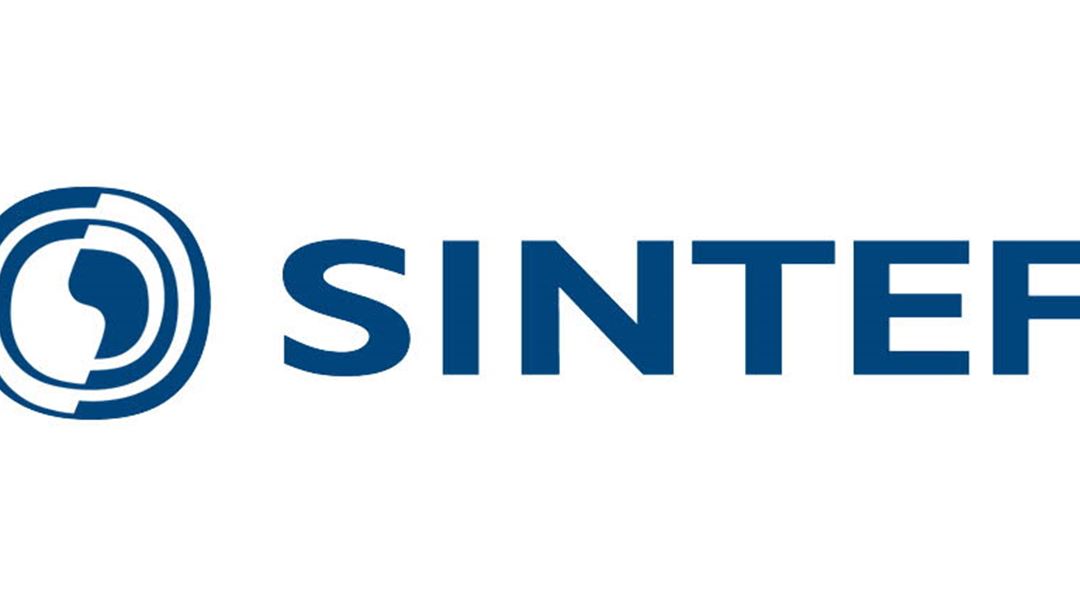
SINTEF is a broad, multidisciplinary research organisation with international top-level expertise in the fields of technology, the natural sciences, medicine and the social sciences. We conduct contract R&D as a partner for the private and public sectors, and we are one of the largest contract research institutions in Europe. The kinetics and catalysis and process intensification groups exhibit long term competence within material science, catalysis and process development. Recent projects are related to upgrading of oil and natural gas, Fischer-Tropsch technology, methanol-to-olefins, catalytic cracking, single-site catalysis, fuels cells technology, desulphurization, oligomerization and polymerization technologies, dehydrogenation reactions, among others.
SINTEF is the coordinator of WASTE2ROAD.
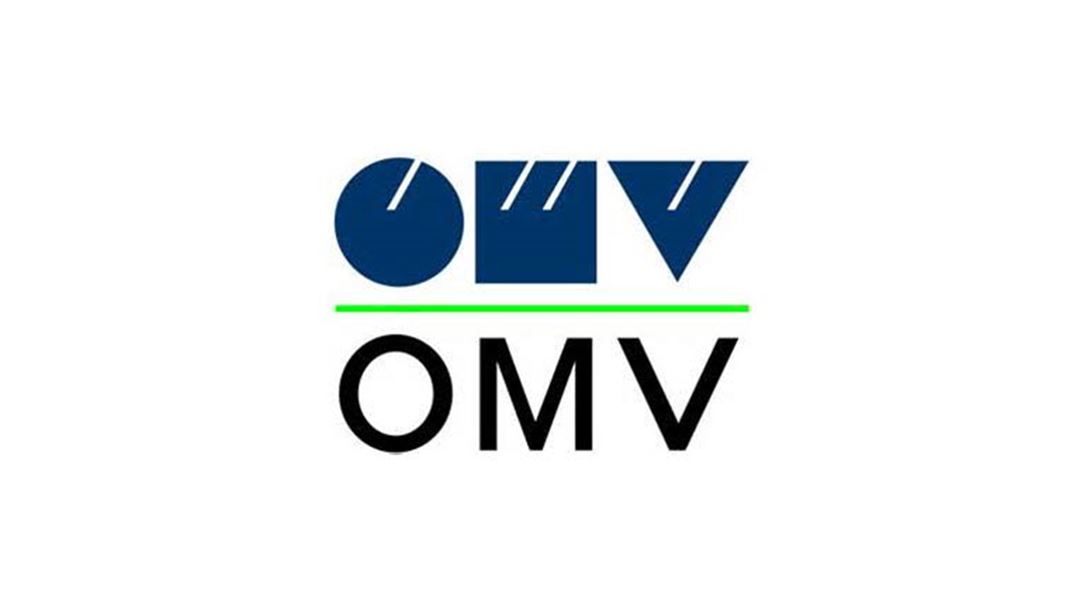
OMV produces and markets oil and gas, innovative energy and high-end petrochemical solutions – in a responsible way. With Group sales of EUR 23 B€ and a workforce of more than 20,000 employees in 2018, OMV Aktiengesellschaft is one of Austria’s largest listed industrial companies. In Upstream, OMV has a strong base in Romania and Austria as part of the Central and Eastern Europe core region as well as a balanced international portfolio, with Russia, North Sea, Middle East and Africa as well as Asia-Pacific as further core regions. 2018 daily production stood at approximately 427,000 boe/d. In Downstream, OMV operates three refineries with a total annual processing capacity of 17.8 M tons and more than 2,000 filling stations in ten countries.
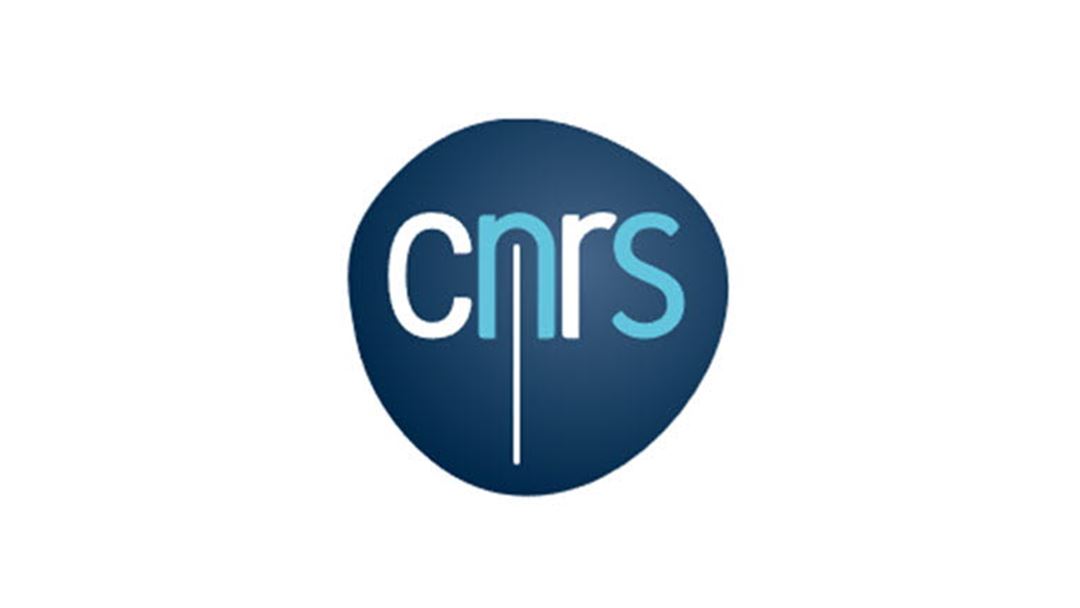
The French National Centre for Scientific Research (CNRS) is among the world's leading research institutions. Its scientists explore the living world, matter, the Universe, and the functioning of human societies in order to meet the major challenges of today and tomorrow. Internationally recognised for the excellence of its scientific research, the CNRS is a reference in the world of research and development, as well as for the general public. IRCELYON (Research Institute for Catalysis and Environment of Lyon) is a Joint Research Unit CNRS-Université Claude Bernard and is among the largest French joint laboratory of CNRS and University entirely devoted to catalysis. The "Engineering" (ENG) team (about 25 persons) in charge of this project has already gained a large experience in fossil- and bio-fuel processing including liquid upgrading. ENG is involved both in the combined development of new catalysts and reactors.
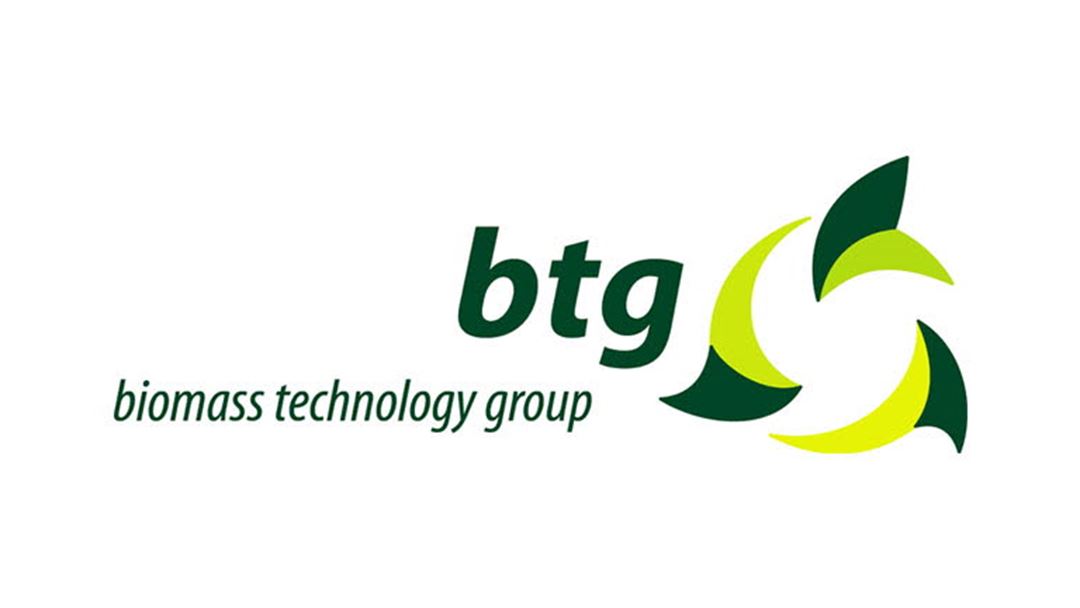
BTG Biomass Technology Group BV (BTG) is a private company (SME) of consultants, researchers and engineers specialised in the sustainable energy production from biomass and waste. The company has a staff of some 30 people. Started in 1979 as specialists on R&D, implementation, monitoring and evaluation of gasifiers systems, BTG‘s expertise covers a broad variety of thermal bioenergy conversion technologies (pyrolysis, hydrotreating, gasification, supercritical gasification, torrefaction, combustion, liquefaction, carbonisation). The company has extensive experience and a strong involvement in European bio-energy RD&D programs, in particular related to biomass pyrolysis, oil hydrogenation and gasification RD&D. The BTG lab is well suited to undertake all necessary activities pertaining to thermal conversion of biomass.
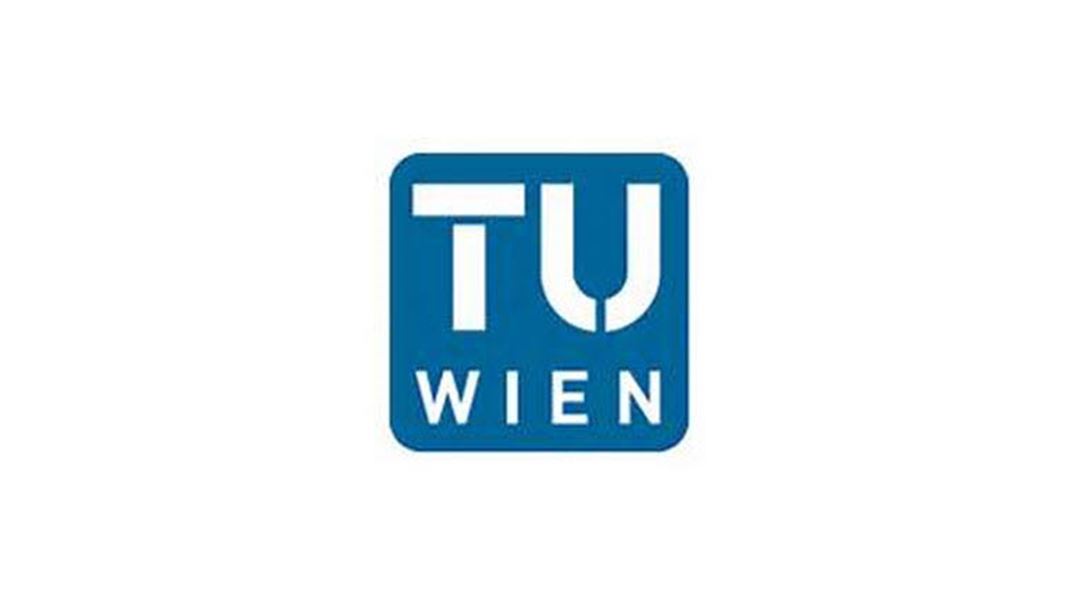
TU Wien (TUW) has been conducting research, teaching and learning under the motto 'Technology for people' for over 200 years. The Research Division “Chemical Process Engineering and Energy Technology” at TUW is one of the largest at the Institute. Main fields of activity of the division (about 50 scientific employees) are Zero Emission Technologies, Gasification and Gas Cleaning, Synthetic Biofuels, Reaction Engineering & Combustion, and Fluidized Bed Systems & Refinery Technology. During the last decade, several energy technology processes have been developed - starting from the idea via laboratory and pilot plants up to full-scale demonstration units.
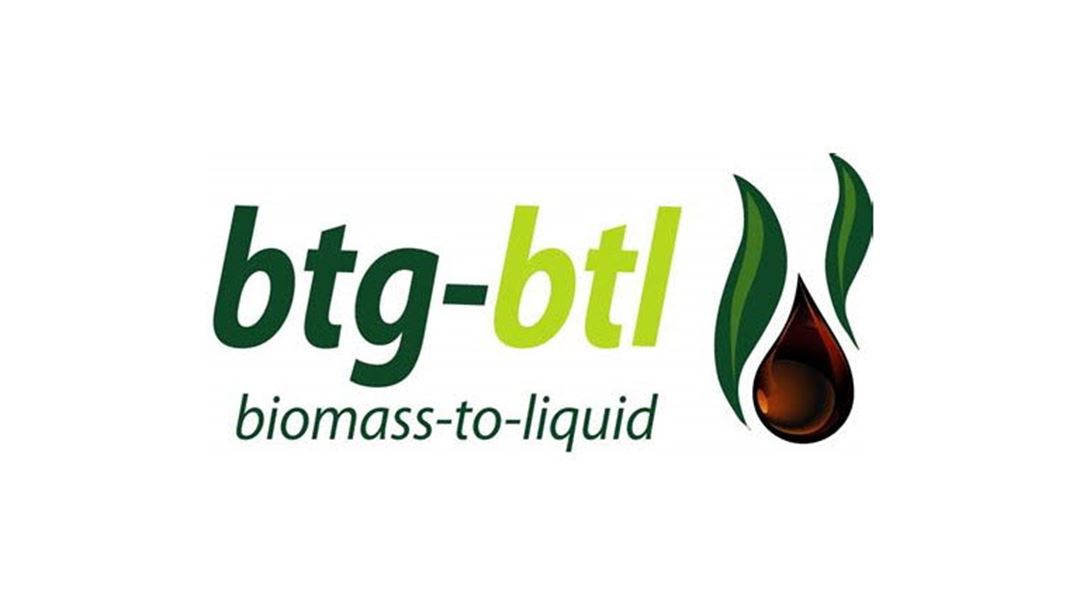
BTG BioLiquids BV is a private SME company established by BTG in in 2007 to commercialize the fast pyrolysis technology. BTL has recently designed, constructed and commissioned the Empyro fast pyrolysis installation in Hengelo, The Netherlands. BTL is owner of the flash pyrolysis patents related to the rotating cone technology and patents related to the on-line control of water content in such bio-liquids. In WASTE2ROAD, BTL will act as an affiliate of BTG. BTL will be involved in the design of the flash pyrolysis systems to be developed for the waste materials. Practical experience gained with the transport, handling and operation generated within the Empyro project will be shared. Furthermore, BTL will work on the Business and Market assessment, for example to establish production cost of pyrolysis liquids associated with the different feedstocks.
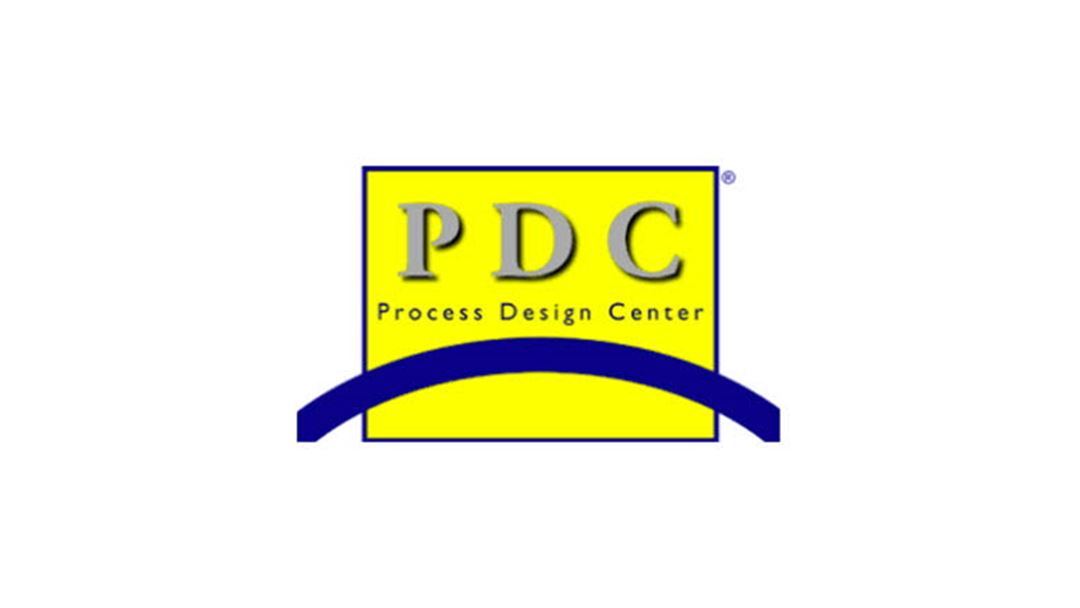
Process Design Center B.V. (PDC) is an SME with over 25 years of experience as a leading technology provider and consultant for conceptual process design, techno-economic evaluation, and improvement of energy & resource efficiency. PDC and its affiliated linked third party Keuken & de Koning BV employ skilled chemical (reactor) engineers, process engineers, and chemists, who work from the office in Breda, The Netherlands, for clients from the chemical and process industry sector worldwide. PDC´s proprietary expert system PROSYN® and process synthesis technology have been used in numerous industrial projects reaching capital & operating cost savings up to 50 % compared to existing state-of-the-art designs. PDC’s expertise in conceptual process design, techno-economic evaluation, energy efficiency and sustainability bridges the gap between R&D and industrial end-users. By translating R&D results into a first industrial process design PDC helps setting R&D targets and at the same time provides a technical and economic outlook. Main tasks of PDC in this project are conceptual process design and modelling, integration and optimization of the value chain, techno-economic assessment and life cycle costing.
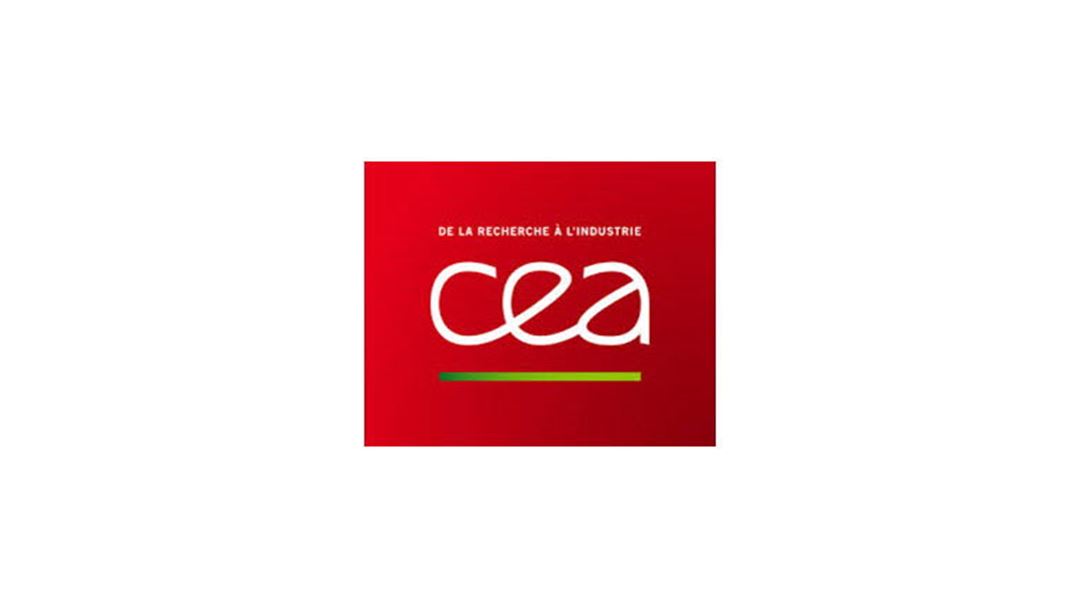
CEA, the French Alternative Energies and Atomic Energy Agency, is a key player in research, development and innovation in four main areas: defence and security, low carbon energies (nuclear and renewable energies), technological research for industry, fundamental research in the physical sciences and life sciences. The LITEN (Laboratory of Innovation for New Energy Technologies and Nanomaterials), as a CEA institute, is one of the most important European research centres on new technologies for energy. LITEN staff is nearly 1000 people, with 1000 patents. Thermal, Biomass and Hydrogen Department (DTBH) hosts two labs dedicated to bioresources conversion through thermoconversion processes. Hydrothermal processes have been originally developed at CEA for the destruction of toxic organic wastes through oxidation in supercritical water. They are now implemented on various biomasses, including micro-algae, agro-industrial residues, and industrial waste streams with contribution to many projects. Continuous operations pilot scale test bench has been developed.
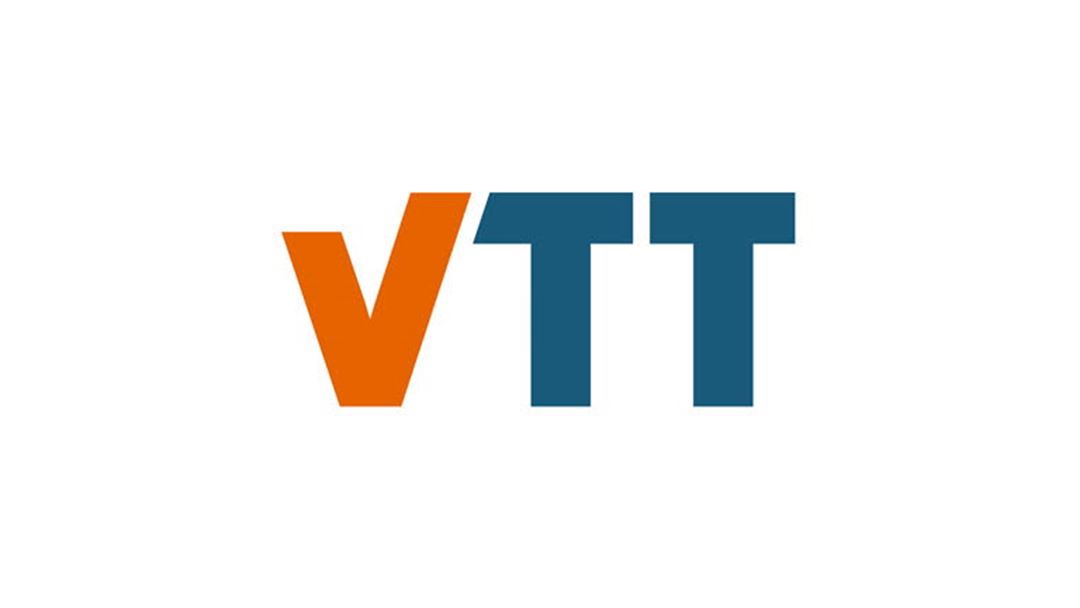
VTT Technical Research Centre of Finland Ltd is a state owned and controlled non-profit limited liability company established by law and operating under the ownership steering of the Finnish Ministry of Employment and the Economy. VTT’s activities are focused on three areas: Knowledge intensive products and services, Smart industry and energy systems, and Solutions for natural resources and environment. VTT is impact-driven and from its wide multitechnological knowledge base, VTT can combine different technologies, produce information, upgrade technology knowledge, and create business intelligence and value added for its stakeholders. The two principal functions for VTT in the project are to produce industrially relevant bio-liquids by fast pyrolysis for further upgrading, to prepare process design models and to participate in evaluating competitive processing strategies.
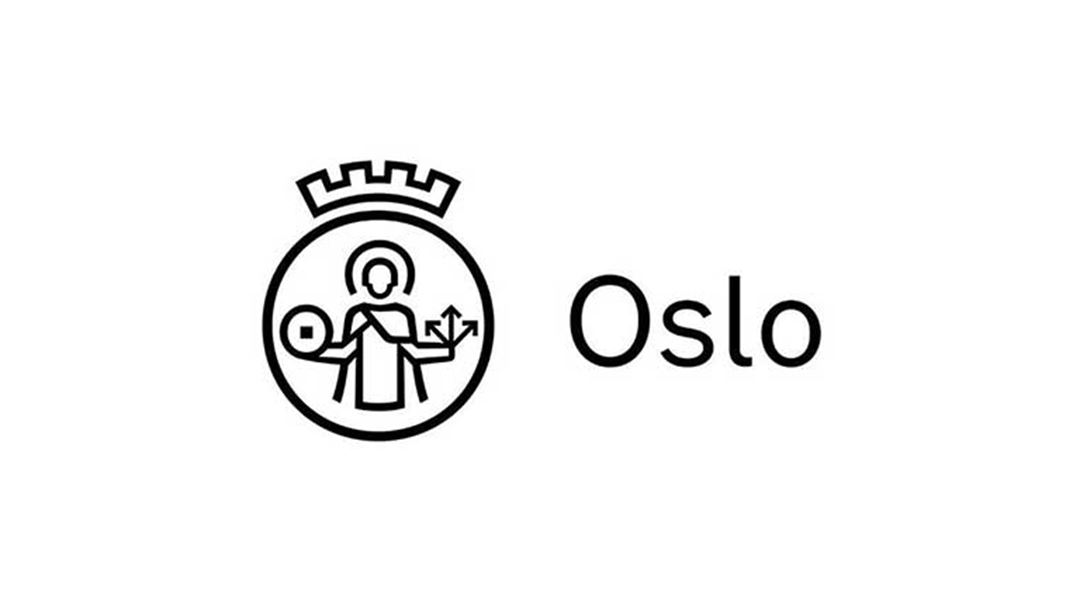
The main task of the Waste Management Agency (REG) is to sort the household waste into the municipality of Oslo, produce district heating and make biogas and bio fertilizers. This is done at the municipality's energy and sorting plant in Oslo and at the biogas plant in Nes on Romerike. REG will be a leader in sustainable waste utilization. REG's energy production helps to realize the City of Oslo's ambitious climate and environmental goals, which is to halve emissions of greenhouse gas CO2 by 2030. The agency is subject to the City Council Department for Environment and Transport and has 150 employees. REG is running 4 plants for waste treatment and a biological treatment plant, producing compressed and liquefied biogas. REG has extensive knowledge about energy content in the fractions treated by WASTE2ROAD, and ability to deliver these fractions for testing.
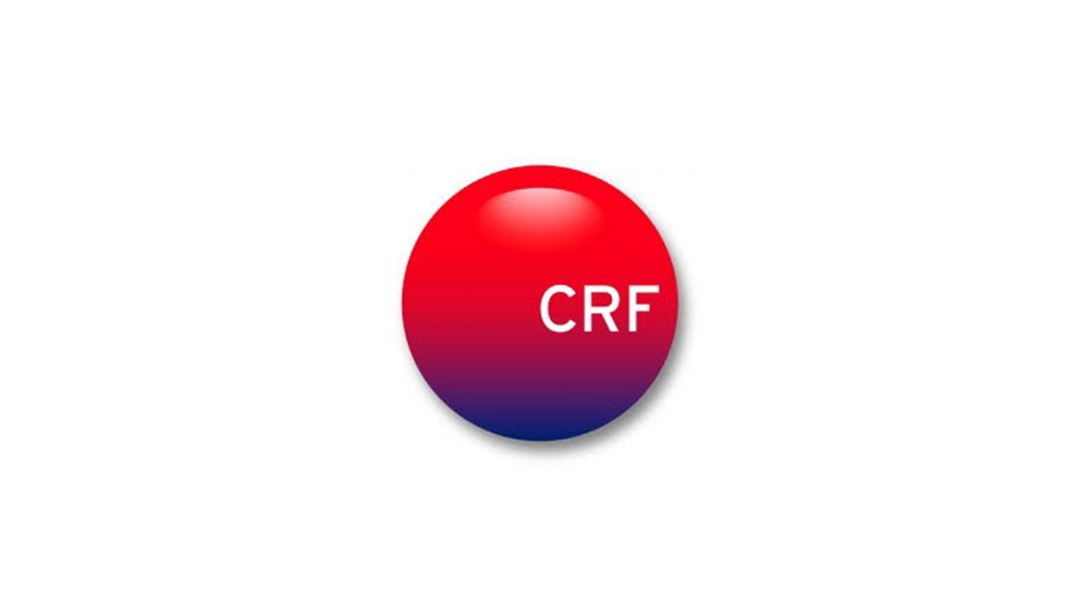
The Centro Ricerche Fiat (CRF) plays an active role in several public and private research consortiums and collaborates with the Ministry for Universities and Research, the Ministry for the Environment and the Ministry for Economic Development. Particular attention is paid to relations with the surrounding territory: CRF is involved in projects and initiatives undertaken not only by Regions and Industrial Unions but also by Municipalities, Chambers of Commerce, Consortiums and by the local industrial fabric. In WASTE2ROAD, CRF's main task will be to qualify the fuels and assure the possible application in the automotive field. The approval will be based on the verification of compliance with existing norms as wells as on the testing on real vehicles.
